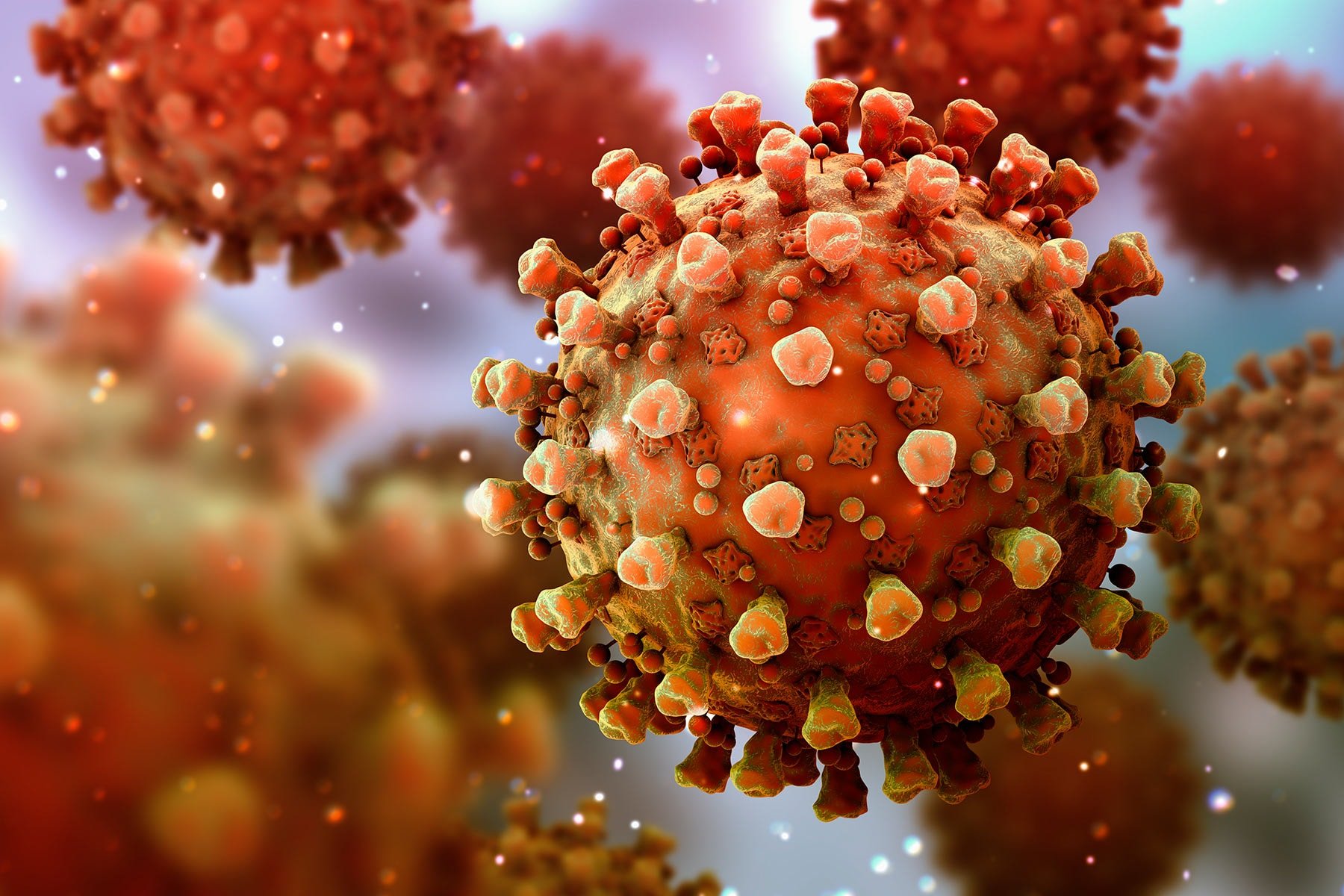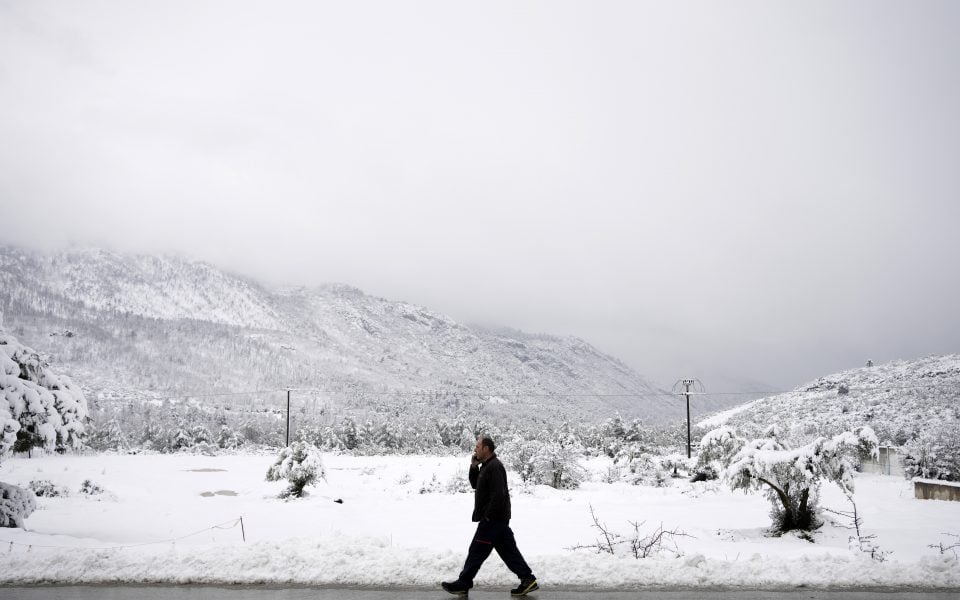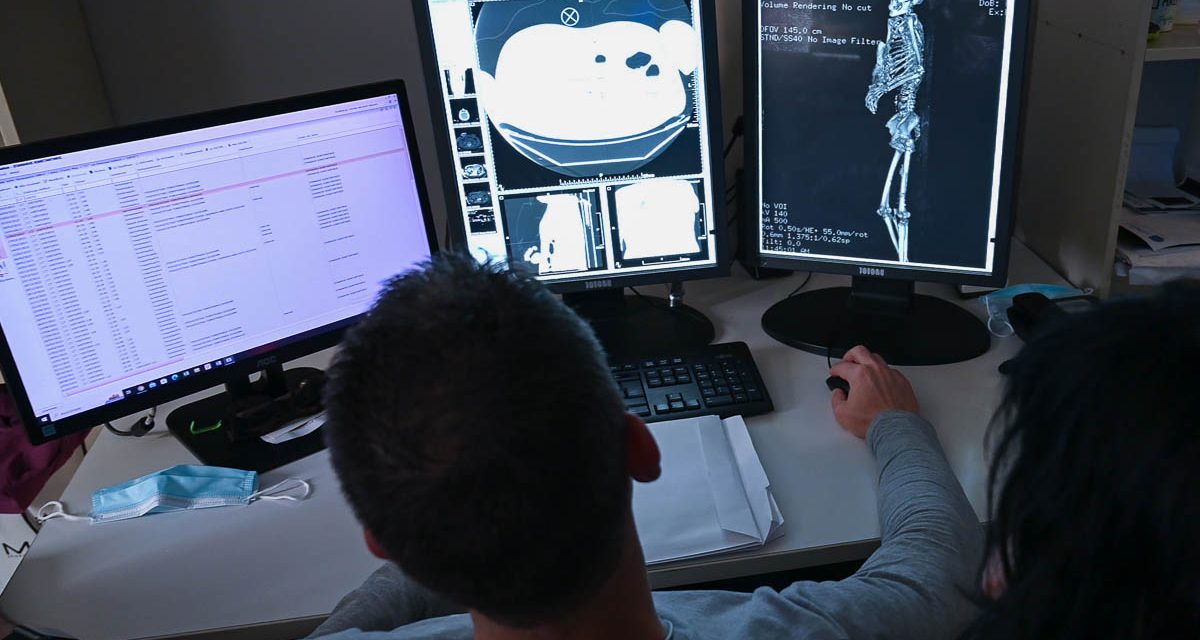Winter wave of Covid-19 in Greece is likely but not certain


While a seasonal peak in Covid-19 infections during the autumn/winter in Greece was quite likely, the available evidence and a number of complex parameters, such as the new BA.2.75 sub-variant, make it hard to accurately predict how the virus is likely to behave in the coming months and what its impact will be, the National Organisation for Public Health (NOPH) said on Tuesday.
It pointed to high rates of hybrid immunity in the population and the great intensity of the recent wave of the BA.5 sub-variant as factors that make the virus’ future course not fully predictable. On the other hand, it highlighted the significant protection against serious illness offered by vaccines and the fact that the virus, if it continues to retain its current properties, causes much smaller percentages of serious illness. Observing the protection measures, vaccination, prompt diagnosis and avoiding panic remain the best defences against the novel coronavirus, NOPH said.
Noting that the next pandemic wave will depend on a balance between infection rates and immunity in the community, NOPH said that bad weather that drives people to spend more time indoors, new variants with higher immune escape capability or greater transmissibility, combined with the amount of time that has elapsed since vaccination or previous exposure to the virus, are factors driving greater rates of infection in the population.
Source: amna.gr





